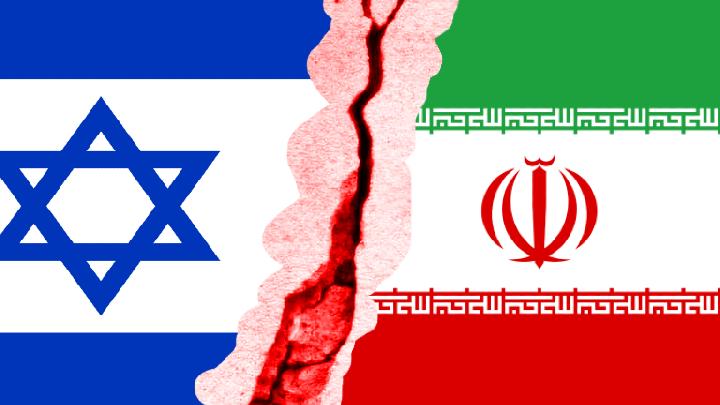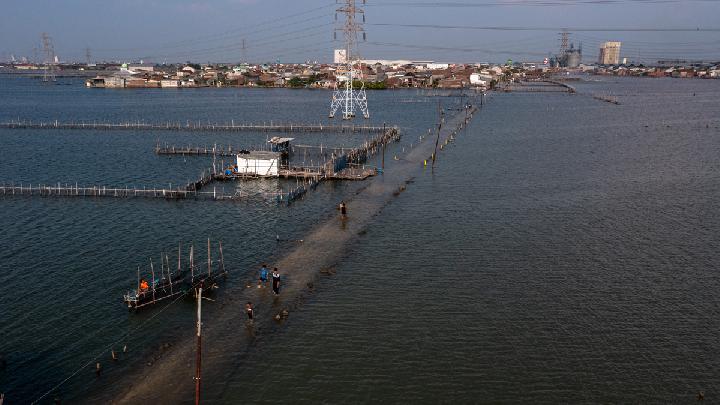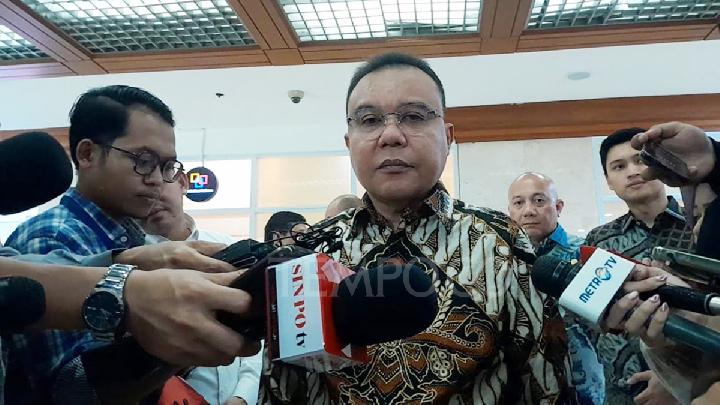August 1, 2025 | 08:13 am
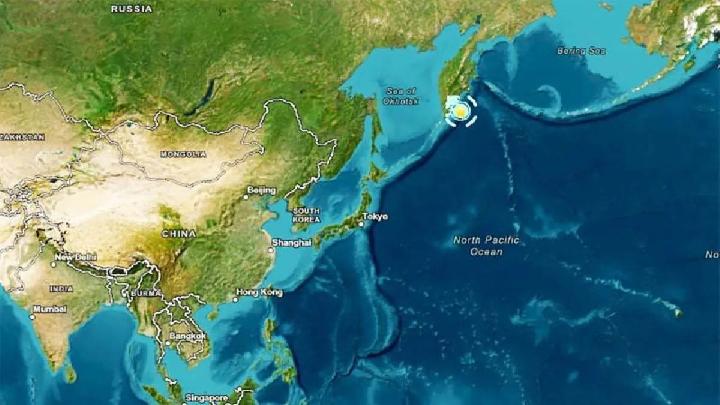
TEMPO.CO, Jakarta - A tsunami warning has been lifted for the Kamchatka region of Russia after it was hit by an 8.7-magnitude earthquake. "Dear residents and visitors to the Kamchatka region, our colleagues from the State Emergency Situations Ministry have lifted the tsunami alert," said Sergei Lebedev, the Minister of Emergency Situations of the Kamchatka region, Russia on Wednesday, July 30, 2025, in a video statement published on the local government's Telegram channel, as quoted by Antara.
"Tsunami" refers to large waves that hit the land. Tsunami has become a standard term in the international scientific world, originating from the Japanese language, according to the NPR.
The Origin of the Word Tsunami
Tsunami is formed from two words in Japanese. Tsu means harbor, and Nami means wave. So, a tsunami can be translated as a harbor wave. This naming is rooted in the experiences of ancient Japanese fishermen, who, upon returning, found their harbor destroyed, but they felt high waves while at sea. Upon reaching the harbor, the impact of the waves could be seen, so the people of ancient Japan referred to the event as a tsunami, as quoted by Britannica.
This term began to be known in Japanese literature around the 17th century, especially after a major earthquake in the Sanriku region in 1611. However, the international community only began to widely recognize this term after the powerful Sanriku tsunami in 1896.
After that event, scientific reports began to use the word "tsunami." Over time, this term replaced the previous term, "tidal wave."
The previous use of the term tidal wave often confused because it associated tsunamis with sea tides caused by the gravitational pull of the moon or sun. However, tsunamis are a result of sudden disturbances on the sea floor, such as earthquakes, underwater volcanic eruptions, or landslides. The scientific community encouraged the more accurate use of the term tsunami and to avoid confusion.
Over time, and especially after the 2004 Indian Ocean tsunami, the term tsunami became more deeply rooted as a global term. Now, the term tsunami is officially used in international disaster documents, including by organizations such as UNESCO and the UN, without being translated into other languages, according to the UNESCO Glossary.
Sita Planasari contributed to the writing of this article
Editor's Choice: Russia's Kamchatka Shaken by 6.7M Aftershock Following Massive Quake
Click here to get the latest news updates from Tempo on Google News
Here Are 5 of the Most Powerful Earthquakes in Recorded History
8 jam lalu
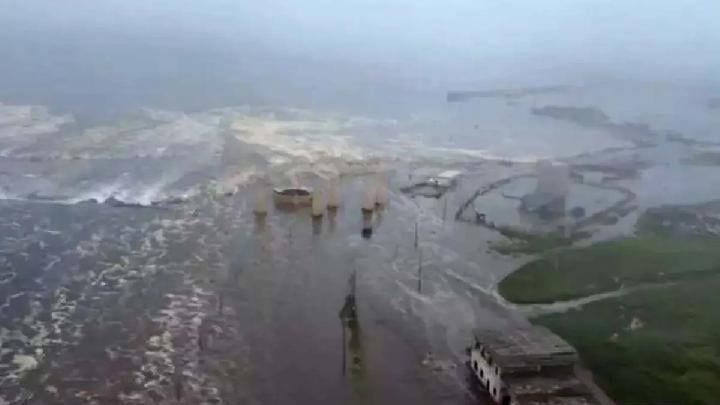
One of the most powerful earthquakes ever hit Banda Aceh in 2004, killing over 200,000 people.
Kadin: Foreign Investors from China, Japan, and Korea Keen to Invest in Solo Raya Agglomeration
12 jam lalu

Foreign investors have begun to take notice of the Solo Raya agglomeration area. Some of these investors are from Korea, Japan, and China.
Russia's Kamchatka Shaken by 6.7M Aftershock Following Massive Quake
14 jam lalu

Aftershock of magnitude 6.7 was recorded on Thursday, July 31, 2025 following a powerful earthquake that shook Kamchatka, Russia the day before.
8 Indonesian Regions Record Sea Level Rise Following Russian Earthquake
16 jam lalu

BMKG recorded eight regions in eastern Indonesia experienced sea level rise due to 8.7 magnitude earthquake in Russia.
What Triggered the M 8.7 Earthquake in Russia?
21 jam lalu

BMKG attributed the strong earthquake in the eastern region of the Kamchatka Peninsula, Russia, to the subduction of plates in the Kuril-Kamchatka Trench.
Tsunami Warning Lifted in Kamchatka After Russia's 8.8 Magnitude Earthquake
22 jam lalu

However, additional aftershocks may occur following the Kamchatka earthquake, putting the entire Pacific Rim on tsunami alert.
Expert Says Russia's Earthquake History Similar to Indonesia's
1 hari lalu

The region of magnitude 8.7 earthquake in Russia has experienced major earthquakes, but has not shown significant activity for a long period.
Today's Top 3 News: Indonesians Urged to Avoid Coasts After M8.7 Russia Earthquake
1 hari lalu
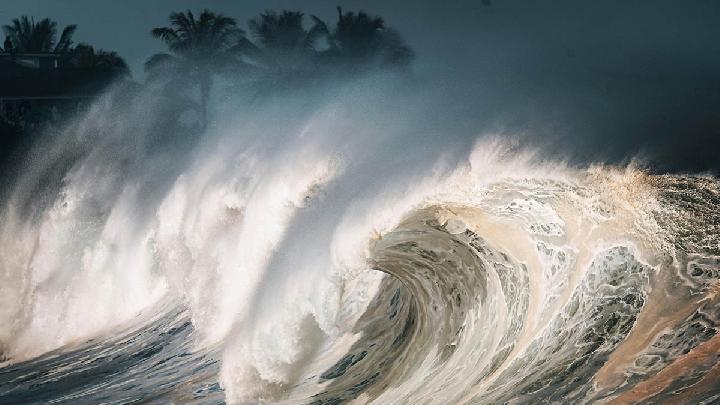
Here is the list of the top 3 news on Tempo English today.
5 Provinces Set for Evacuation After Russian Quake Triggers Tsunami Alert
1 hari lalu

BNPB asserts that evacuation and displacement plans are in place despite the M8.7 earthquake-induced tsunami in Kamchatka, Russia, not yet confirmed as a threat to Indonesia's coast.
Which Country Has the Most Earthquakes, and Is Russia One of Them?
1 hari lalu

Countries with the most earthquakes are often located near the boundaries of tectonic plates, where seismic activity is most intense.


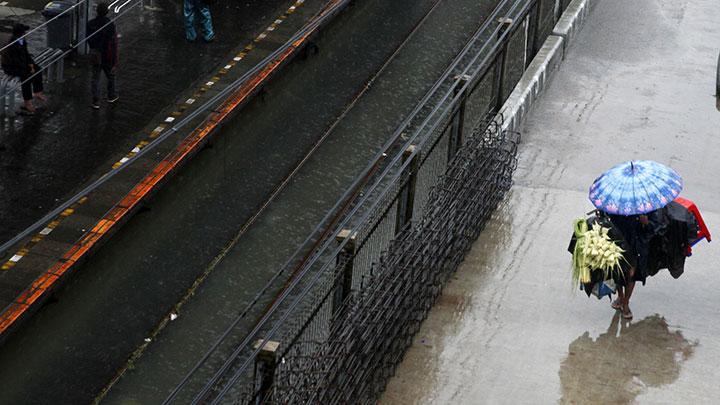





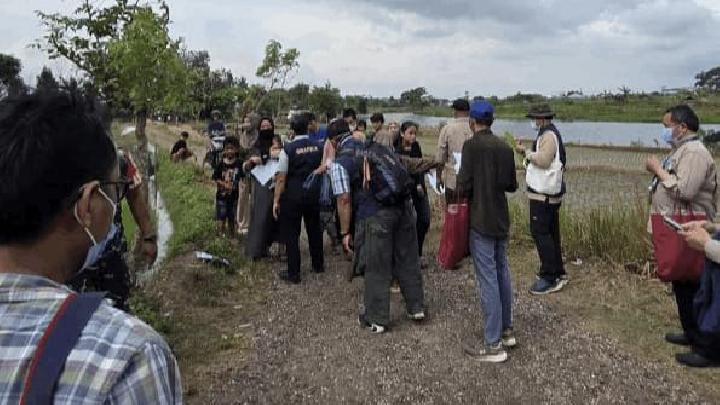

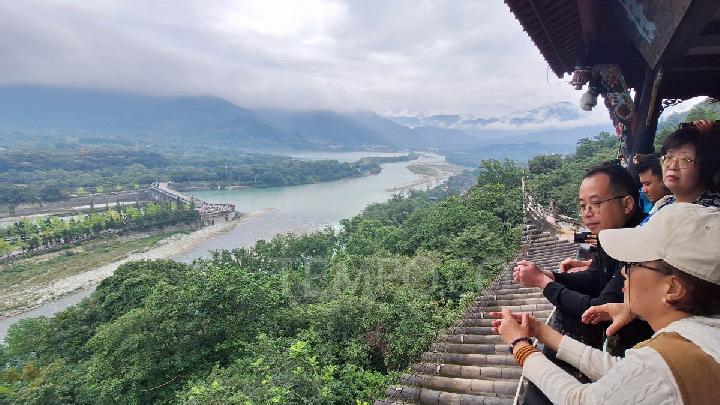
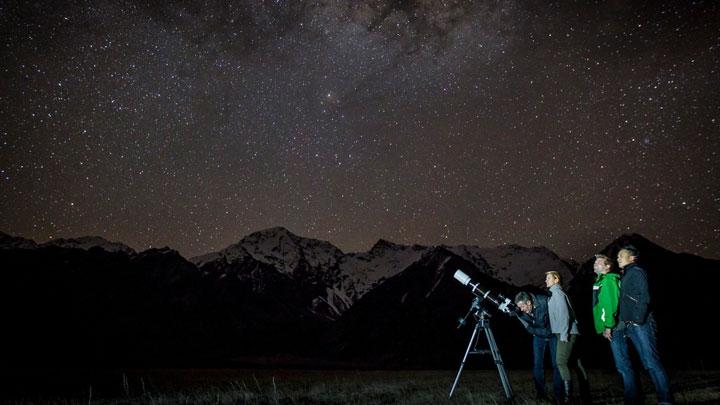


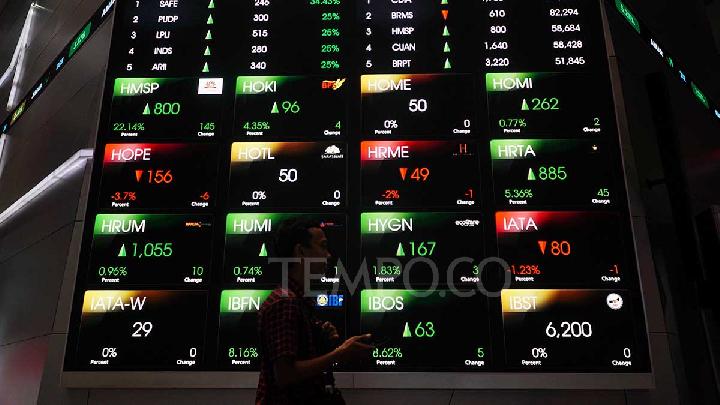
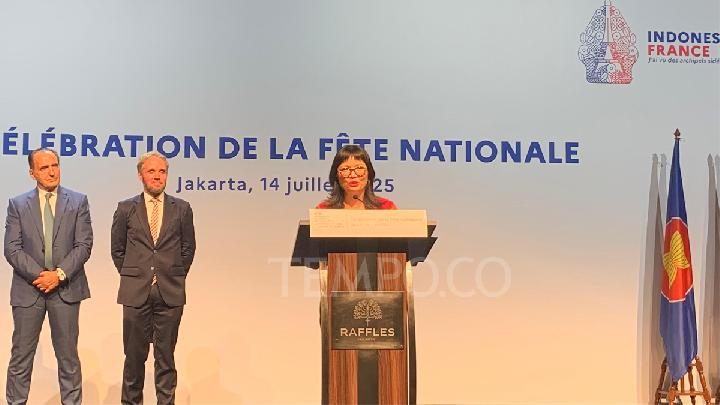















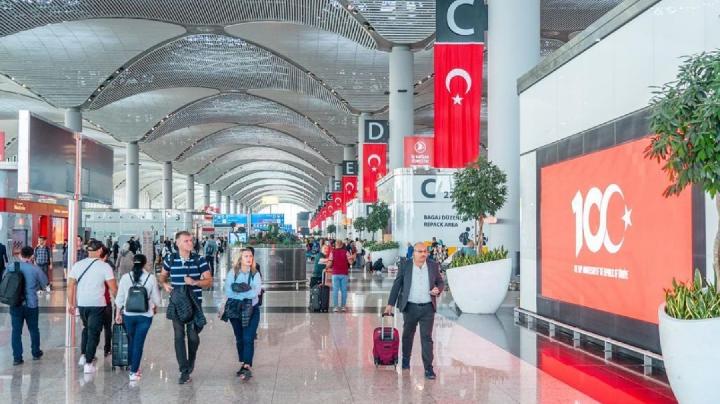

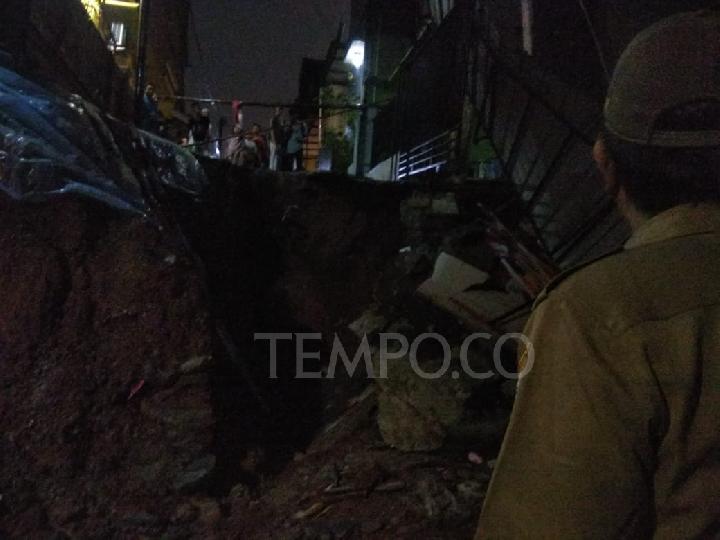
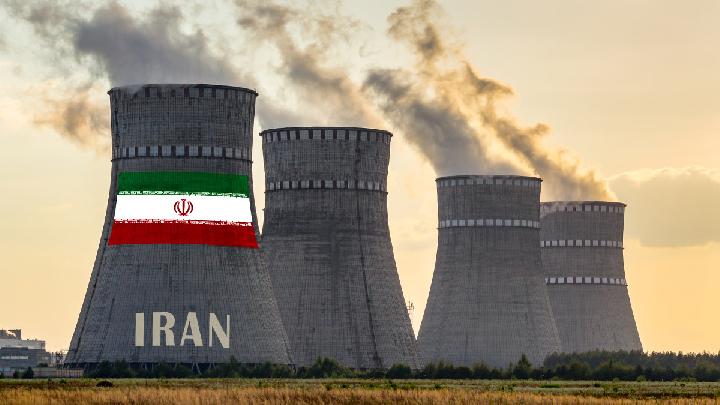
:strip_icc():format(jpeg)/kly-media-production/medias/5265873/original/051498900_1750934466-WhatsApp_Image_2025-06-20_at_19.09.02_1_.jpeg)
:strip_icc():format(jpeg)/kly-media-production/medias/5238090/original/074714200_1748671861-family-spending-time-together-mother-with-four-kids-standing-holding-hands-against-white-suv-car.jpg)


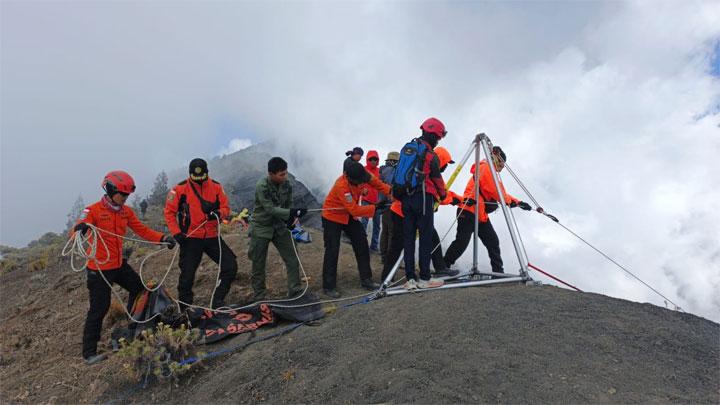
:strip_icc():format(jpeg)/kly-media-production/medias/4024866/original/062994500_1652782553-mother-checking-body-temprature-thremoeter.jpg)

